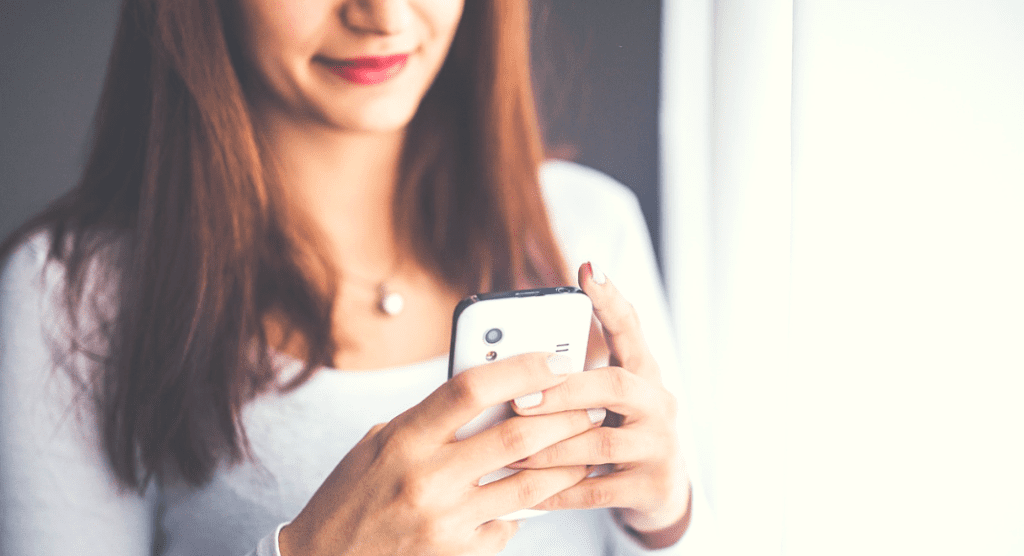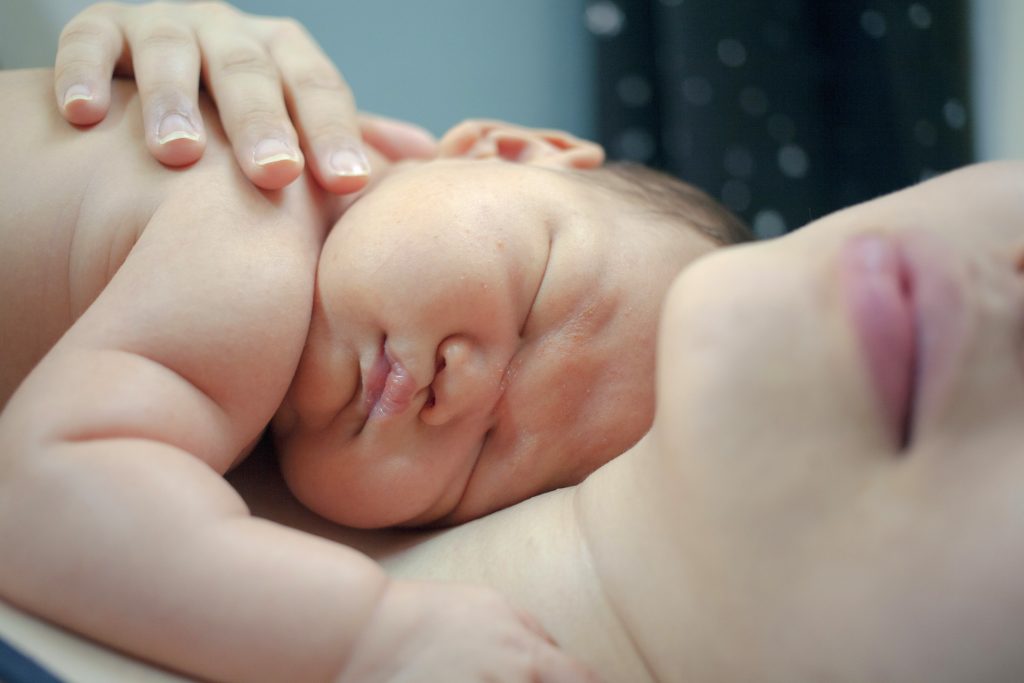Family and friends, we get it. We know you want to spread the joy that looking at our kids’ pictures gives you to someone else and brighten their day. We know you want to share their photos far and wide so all the people in your life can understand how tooth-achingly sweet and genetically blessed your family is. We get it because we feel the same way. But I’m here to break it to you, that in the digital world, sharing is NOT always caring. And posting a photo of someone else’s family that you have not asked permission to share can have serious ramifications for your relationships and, in extreme cases, the subject of the photo’s privacy and safety.
As with so many other things involving technology, our social media use has progressed faster than our cultural standards of etiquette can keep up. What may seem to some like the digital equivalent of sharing photo albums of family members has much farther-reaching implications than its hard copy counterpart. The rules of photo sharing are many and nuanced. There are guidelines detailing how to share professional photographers’ work, photo releases for parents to sign at school, and opinions regarding what photos of your own kids are appropriate to post.
For the purpose of this post, though, I want to go over some boundaries my fellow contributors and I wish friends and family would respect when it comes to others posting photos of our children:
- If others wish to reshare a photo from a friends’ page, they need to ask permission first. Many contributors I spoke to mentioned being very selective about what they chose to share on their page and who they accepted friend requests from. Resharing another person’s picture on your own page opens it up to exponentially more viewers than the owner of the picture may have originally intended. In my own family, we have chosen not to have a relationship with a certain toxic family member we do not wish our kids to be around, though other members of the family still regularly communicate with this person. It makes me uncomfortable when family shares photos of my kids and the estranged family member comments publicly on them, attempting to feign a relationship with them that isn’t real. Additionally, the reposter’s account may not have the types of privacy settings the original poster maintains on pictures of their kids, which can open them up to all sorts of scary scenarios, including digital kidnapping for use in role playing accounts and child pornography.
- And speaking of privacy settings, no one should circumvent a person’s unsharable photo by saving it to their computer and reposting it to their account as their own. To disregard a person’s wishes about the use of their own personal content, especially involving their kids, is highly offensive and out of line. Some contributors mentioned their family members did this in order to give off the appearance of a closer relationship with their kids than was actually the case. Others know that family only does this out of a desire to show off grandkids or nieces and nephews they’re proud of. If that is the case, they should at least extend the courtesy of asking the original poster before sharing.
- Friends must respect friends’ and family members’ desire for privacy. This covers a multitude of scenarios, but some that fellow contributors shared with me included family members sharing pregnancy announcement or birth photos before the parents themselves. This is so very hurtful to the person whose news it is to share, not to mention to others who might find out on social media before the new parents had a chance to tell them personally. Other requests for privacy dealt with people who asked family and friends not to share photos on vacation with them in real time. Letting strangers on social media know that a family is out of town and away from their home and/or business is not another person’s announcement to make and is a breach of personal security.
- Posters should be wary of using common hashtags when sharing photos of others. Unless it is a super specific inside family joke or quote from a kid themselves, it is likely that any hashtag people may add has additional posts connected to it. If someone chooses to include “#blessed” on a photo of their grandkid, anyone who clicks on or searches for that hashtag can view the photo, regardless of the poster’s privacy settings. This is an extremely easy way for “digital kidnappers” to gain access to photos of children. If a parent gives permission for a photo to be shared, the sharer is still responsible for keeping appropriate safeguards in place.





















